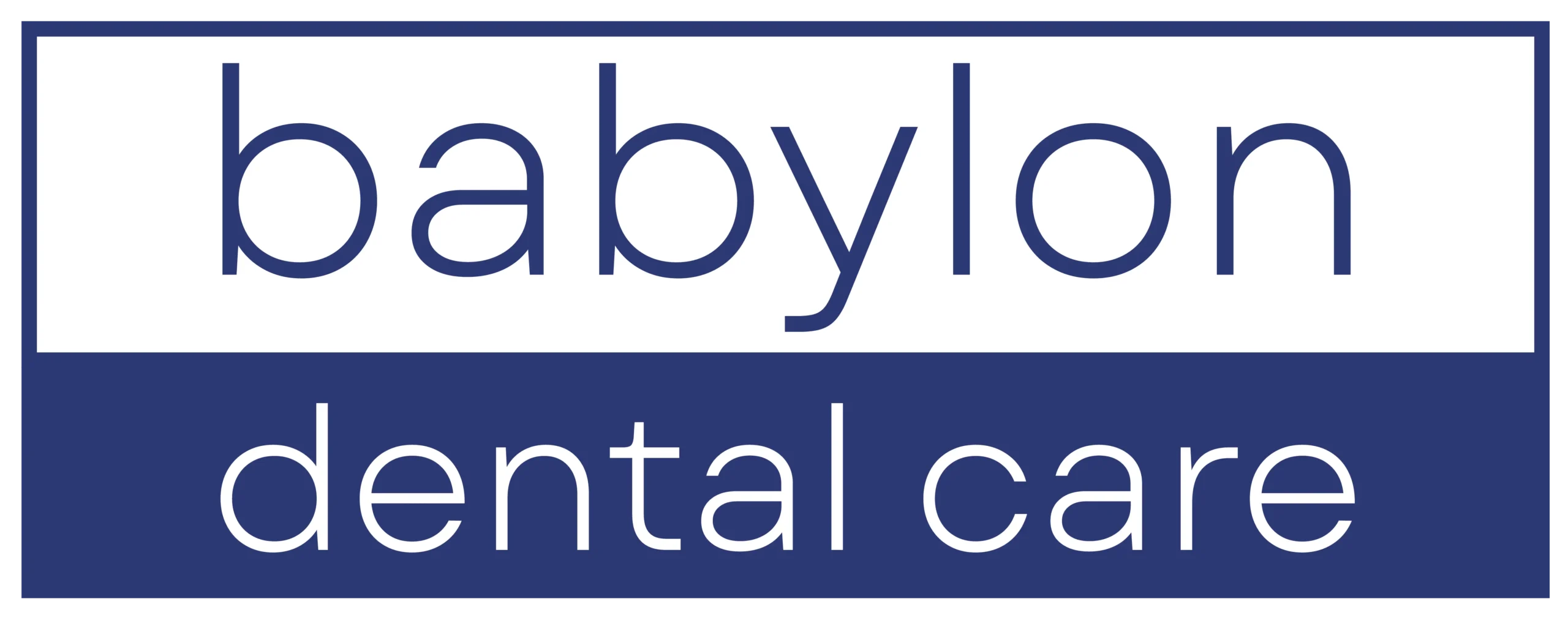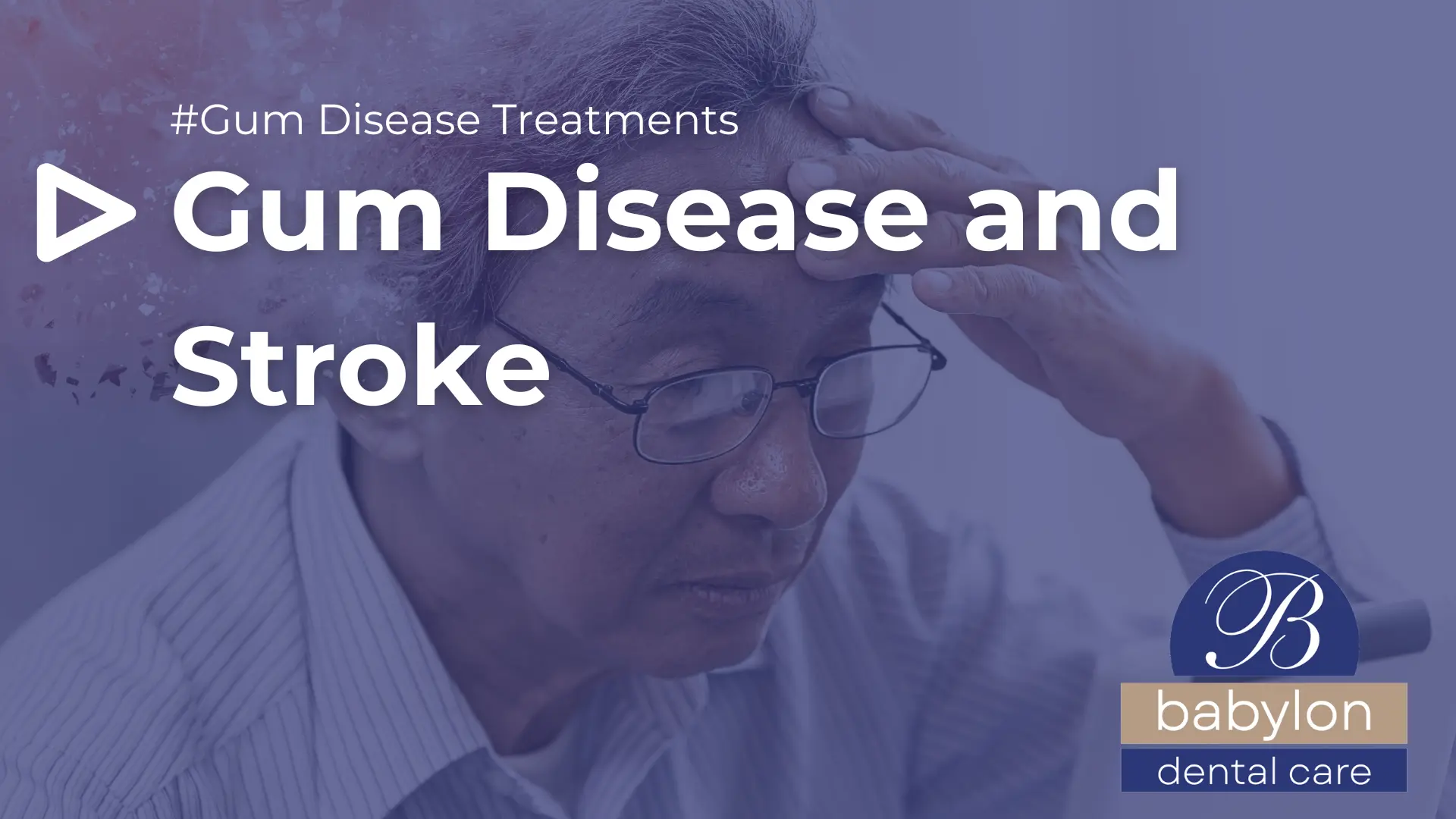It may be strange to think that your gums have an effect on your brain. However, recent studies have suggested that infected gums are related to cardiovascular diseases, including heart attack and stroke. Your heart and brain are closely related to your teeth, and when your gums become infected, they can cause damage to both.
The mechanism that causes this is not completely understood. Scientists are only beginning to understand how your oral care affects the rest of your body. It is clear from early research that even minor gum disease has a profound impact on your heart, blood vessels, and even your brain.
If you think you may have gum disease, or if you’re having unusual symptoms inside your mouth, call the Babylon gum disease experts of Babylon Dental Care at (631) 983-6665 for an appointment today.
Symptoms of Gum Disease
How can you tell if you have gum disease? You could have it and not be aware of it, so it’s important to let your dentist know if you have any of these symptoms.
- Bleeding when you brush or floss, especially if it gets worse over time
- Your gums do not appear a healthy pink color but look dark red, irritated, or swollen
- Your gums feel soft, tender, or hot
- It is painful to chew, particularly if this is a new symptom. Some people have sensitive teeth, but if you have never had this problem before, let your dentist know right away
- Persistent bad breath
Types of Gum Disease That Lead To Stroke
Most people are familiar with mild gum disease known as gingivitis. Gingivitis is characterized by inflammation of the gums, with reddening and swelling and occasional bleeding. This mild inflammation can become more serious if not managed with better brushing and flossing.
Periodontitis is the more serious form of the disease. As gingivitis progresses to periodontitis, there is actual damage to the gums, loss of tissue, and infection. Periodontitis can be serious and ultimately lead to tooth loss as the supportive tissue around the teeth is lost.
How does this lead to stroke?
Gum Disease and Infections
It turns out that gingivitis is associated with a bacteria called P. gingivalis. It is P. gingivalis that causes the inflammation and swelling of the gum disease. As the gum tissue breaks down, the bacteria can travel through the bloodstream and into the arteries. P. gingivalis has been found in the carotid arteries.
Inflammation of the carotid arteries is a precursor to stroke. As the tissue of the arteries becomes inflamed, platelets, the blood component responsible for clotting, stick to the damaged artery walls. If enough of them stick together, they form a clot, and eventually, the clot can break loose and travel into the brain.
A more serious gum infection, Streptococcus sp., has been found in the blood vessels of the brain, indicating the bacteria has traveled from the gums into the brain itself. Brain infection is highly dangerous and contributes to damaged arteries and potential stroke.
Blocked Brain Arteries and Gum Disease

What this means is that those with gum disease tended to suffer strokes that damage large areas of the brain itself, while those without suffered strokes that cut off the blood supply to the outer areas of the brain. This had an impact on the degree of impairment and the speed of recovery.
Those with gum disease were three times more likely to suffer strokes, which impacted the back of the brain in areas that control vision, coordination, and vital bodily functions. Those without gum disease were not.
Recurring Ischemic Attacks

The studies clearly showed that preexisting gum disease was both a marker for the risk of stroke and created a higher level of damage in the patient due to chronic inflammation and infection because of the presence of bacteria.
Recurrent ischemic attacks are sometimes called “silent strokes” because they have no obvious impact at the moment of the stroke, but they can have devastating lasting effects. It is believed that these silent strokes may be a cause of Alzheimer’s dementia, among other disabilities.
How Dental Care Can Help
Gingivitis, periodontitis, and tooth loss are not inevitable. If recognized and treated early, even tooth loss can be corrected. Gingivitis is the earliest sign of a gum problem and is readily treated with proper brushing and flossing.
The dental team at Babylon Dental Care knows that when you visit your dentist regularly, they can detect gum disease before it becomes a problem and help you manage any issues right away.
Brush your teeth twice a day for at least two minutes using a soft-bristled toothbrush and fluoride toothpaste. Flossing with an approved dental floss will remove bits of food and other particles from between your teeth. Your dentist may recommend an antiseptic mouthwash if you have difficulty flossing.
Smoking, whether of tobacco or other products, is detrimental to your gums. If you have been diagnosed with gum disease, you should avoid the use of any tobacco products, including vaping.
Scaling (scraping with a dental tool) and debridement (removal of dead tissue), known as a deep cleaning, is the only way to remove plaque and tartar that has built up below your gums. Your dentist will recommend the best ways to clean your teeth and gums if your gum disease has progressed to this stage.
Contact Us Today
It is never too late to correct gum disease. Contact Babylon Dental Care at (631) 983-6665 if you have any concerns about your oral health or believe you may have gum disease. We are standing by to help diagnose any problems and get you started on a proper course of treatment.

